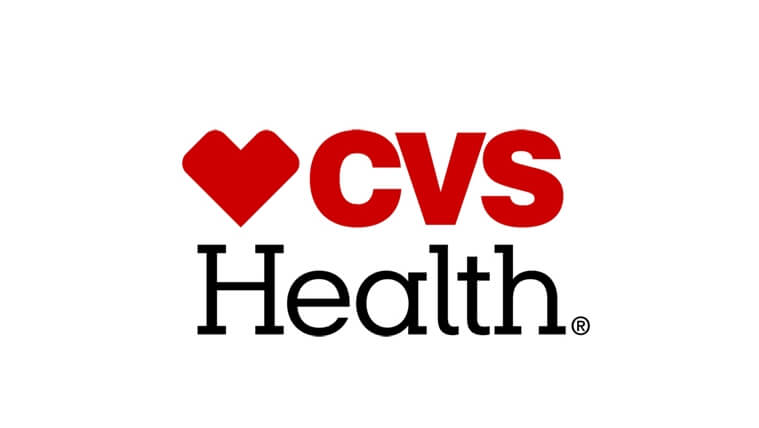A team of neurologists compared two options for purchasing nearly 80 drugs and discovered what CVS Caremark clients already know: Direct-to-consumer pharmacies are not the money savers they claim to be.
Neurologists at Brigham and Women’s Hospital wanted to answer an important question: What’s the best option for their patients to get the prescription drugs they need at the lowest cost.
For the 79 generic neurological medications they prescribe, they investigated two kinds of pricing: from a commercial health insurance plan like Aetna with benefits negotiated by a pharmacy benefit manager like CVS Caremark, the pharmacy benefit management subsidiary of CVS Health, and Cost Plus, a direct-to-consumer pharmacy.
When you look at the data, the conclusion is very clear: Direct-to-consumer pharmacies are not saving people money on important medications like neurologics.
The researchers published their findings on JAMA Network, a website affiliated with the Journal of the American Medical Association, and they estimated that “if all commercial prescriptions were filled in a direct-to-consumer pharmacy, the aggregate [out-of-pocket] expenditures would increase by $82 million.”
Not only would drugs for conditions like migraines, epilepsy and Parkinson’s disease become far more expensive when purchased at a direct-to-consumer pharmacy like Cost Plus, the researchers couldn’t find what they needed on the website. “Mark Cuban’s pharmacy had only 33 of the [79 generic drugs] and just two of the prices on those drugs were cheaper than the amount an insured patient would pay for the drugs out of pocket,” wrote Allison Bell in an article about the research in Benefits Pro.
Why CVS Caremark is the Best Choice for Affordable Prescription Drug Access and Cost Management
CVS Caremark welcomes competition – understanding it drives prices down for everyone – and uses a multifaceted approach to help plan sponsors manage spend and trend. Cost Plus’s mission is to offer safe, affordable medicines at the lowest possible price, however, the company is falling short on delivering on this. This side-by-side analysis of CVS Caremark and Cost Plus unmasks even more key differences between the two businesses:
Cost Plus offers a limited supply of generic drugs. Benefits Pro said it themselves: Researchers who shopped for neurologic medications at Cost Plus couldn’t find half of the generics on their list. It’s critical that patients have access to a wide range of prescription drugs, not just generics. CVS Caremark clients can’t have a pharmacy benefit like Cost Plus that includes mostly generic drugs. They need access to a wide range of prescription drugs, providing more options for the medications they need.
Patients need options beyond generics. Cost Plus is almost exclusively in generics. Cost Plus focuses on a generic strategy, but many patients still rely on reference brand products to receive the treatments they need and 90% of drug spend remains in this category.
CVS Caremark leads with clinical integrity. Our drugs have safety, quality and sustainability guarantees that Cost Plus does not. CVS Caremark provides cost savings to clients with biosimilars like Hyrimoz, which is clinically similar to Humira as a treatment for rheumatoid arthritis (RA). The price of Hyrimoz is about 81% lower than the price of Humira, which has led to incredible savings for our clients. While Cost Plus announced its own biosimilar for Humira, it doesn’t meet our quality standards. CVS Caremark chose Hyrimoz only once it cleared its clinical trials and once it was confirmed that there would be a sustainable supply for patients.
The truth is also in the numbers:




